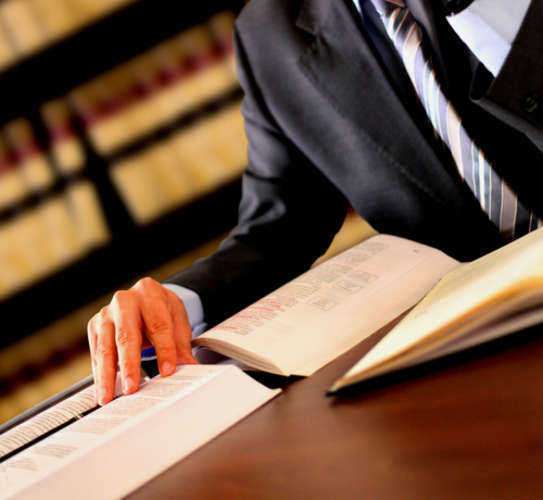Understanding Character Defamation
Introduction
In today's society, defamation has become a growing problem. In particular, character defamation has become a prevalent issue among individuals, businesses, and other entities. In this article, we will explore the definition of character defamation, its elements, and defences against it.
Definition of Character Defamation
Character defamation is a false statement or act that harms an individual's reputation, good name, or character. It can be in the form of slander or libel, and it can occur in different settings, including online, social media, or in-person interactions.
Elements of Character Defamation
To win a character defamation case, the plaintiff must prove the following elements:
1. False Statement: The statement must be false and not true.
2. Publication: The defamatory statement must have been published or communicated to a third party.

3. Identification: The statement must identify the plaintiff, either by name, photo, or other means.
4. Harm: The defamatory statement must have caused harm to the plaintiff's reputation, good name, or character, resulting in financial, emotional, or other damages.
Defenses Against Character Defamation
Several defences can be used against character defamation claims, including:
1. Truth: Statements that are true are not considered character defamation.
2. Privilege: Statements made in the course of duty or public interest are not considered defamatory.
3. Opinion: Opinions are not considered character defamation.
4. Consent: If the plaintiff consents to the statement, it is not considered defamation.
Penalties for Character Defamation
If found guilty in a character defamation case, the defendant may be ordered to pay financial compensation for damages caused, including punitive damages meant to punish the defendant, and in some instances, may face jail time.
Conclusion
Character defamation is a serious issue that affects individuals, businesses, and other entities alike. It is essential to understand what character defamation is, its elements, and defences against it. Being aware of how character defamation can harm an individual or business's reputation and lead to significant financial or emotional loss can help to prevent it. Finally, if you are affected by a character defamation case, seek legal advice from an experienced attorney for guidance on your options and the legal steps you can take to protect your reputation and interests.
Defamation of character is a term that is often used to describe an accusation of slander or libel. Slander is a verbal statement that in some way demeans an individual or company in an unjust manner, whereas libel refers to a written derogatory statement.A charge of defamation of character is difficult to prove in court because of the haziness of intention or "true-meaning." Although the term is quite evident and damaging, the ability to prove the true intentions of the individual charged with the act is notoriously arduous.
Any verbal or written attack that destroys or damages one's character is considered a defamation of character. This term is more relevant in regards to society or the interpretation as oppose to a legal system's interpretation.
The problems which revolve around proof in a legal setting are also coupled in with the protection of free speech guaranteed by the First Amendment. That being said, in most cases of defamation of character, a court will generally agree that an opinion or slanderous statement, no matter how damaging, in not a stated fact.